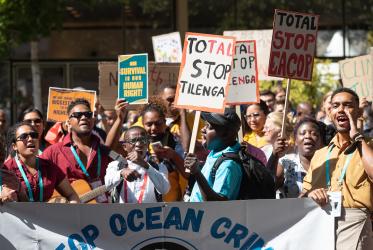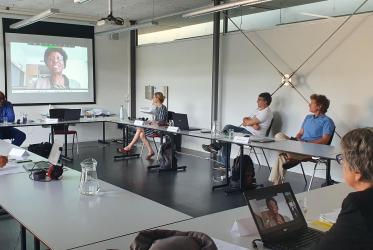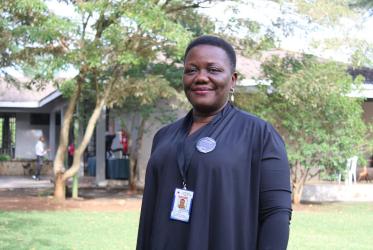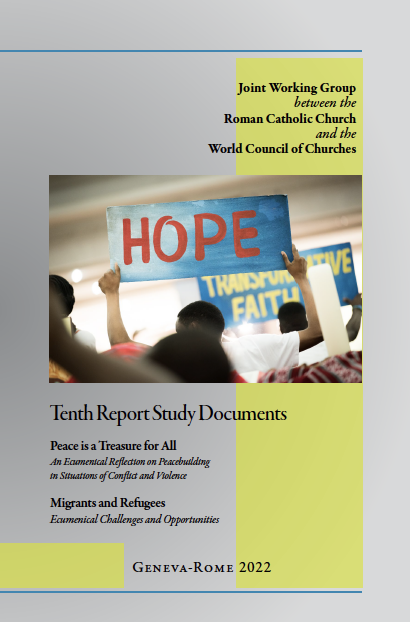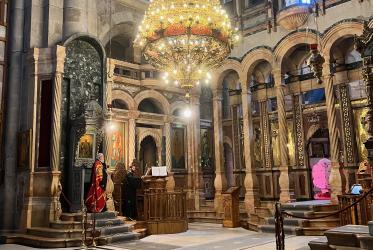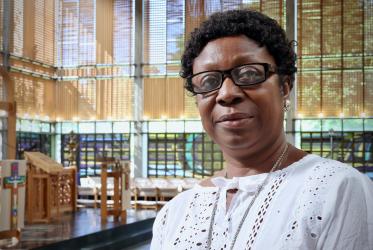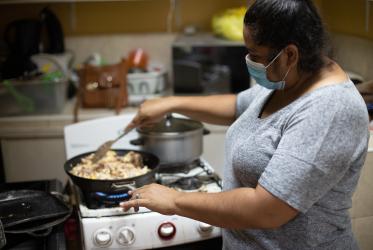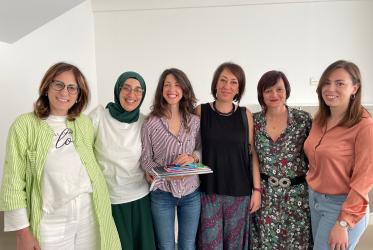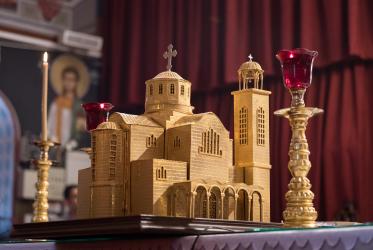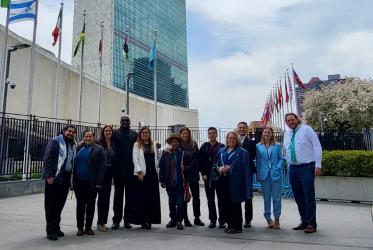Displaying 101 - 120 of 1329
07 September 2022
Uppsala 1968: The times, they were a’changing
06 September 2022
Multifaith advocacy for the climate: Not really much time left
04 September 2022
WCC’s Ecumenical Water Network attends Pilgrim Team Visit
30 August 2022
Tenth Report Study Documents
19 August 2022
WCC acting general secretary visits the Holy Land
20 July 2022


